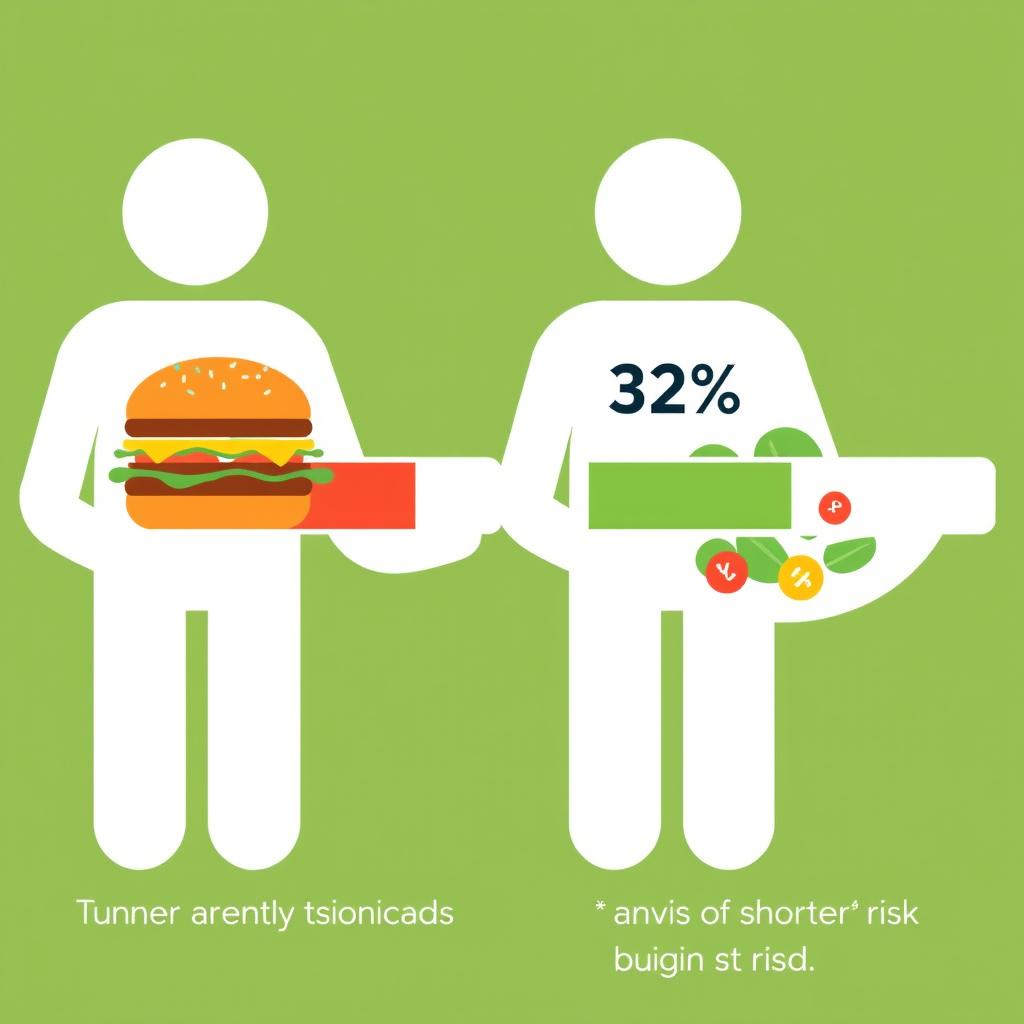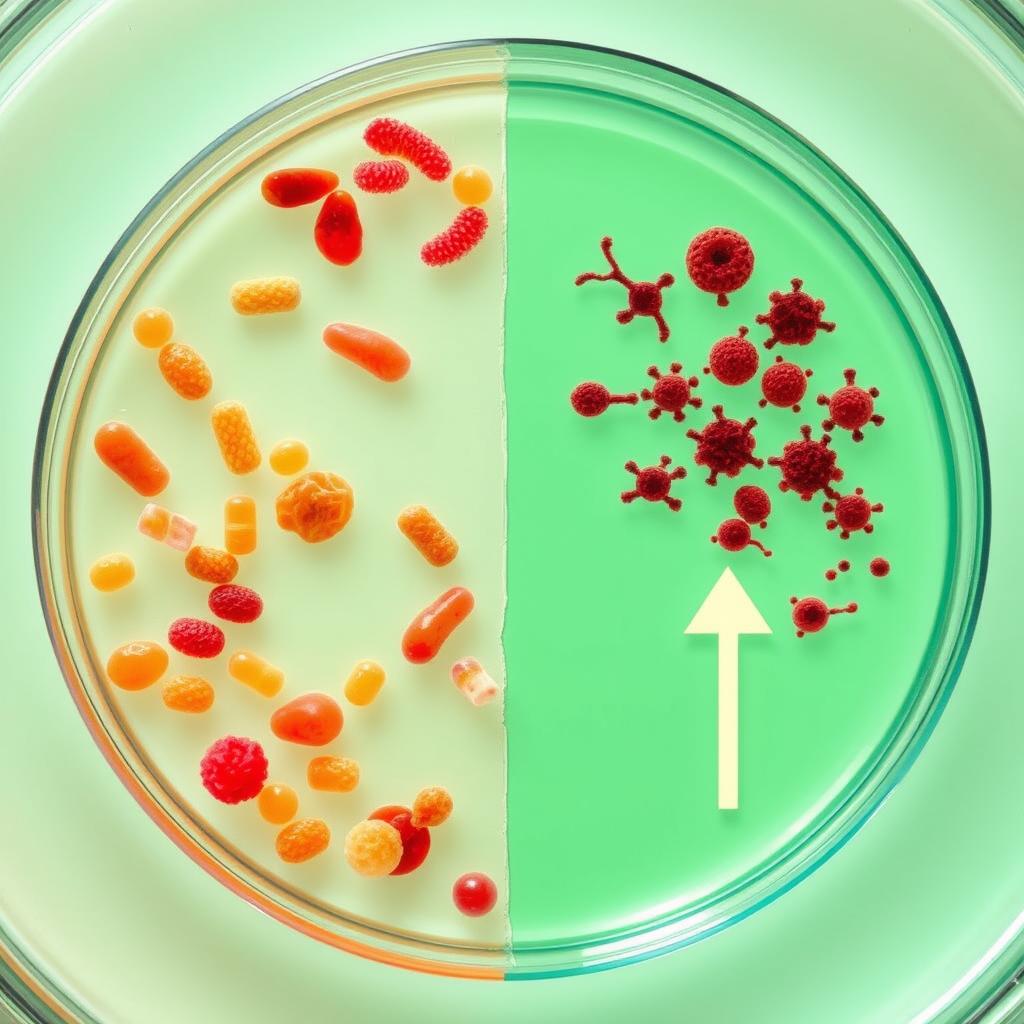
High blood pressure is famously dubbed “the silent killer” because it quietly damages blood vessels and raises risk of heart attack, stroke, and kidney disease. But the story isn’t quite black-and-white: there are situations in which a somewhat higher blood pressure might be tolerated, or conversely,...











